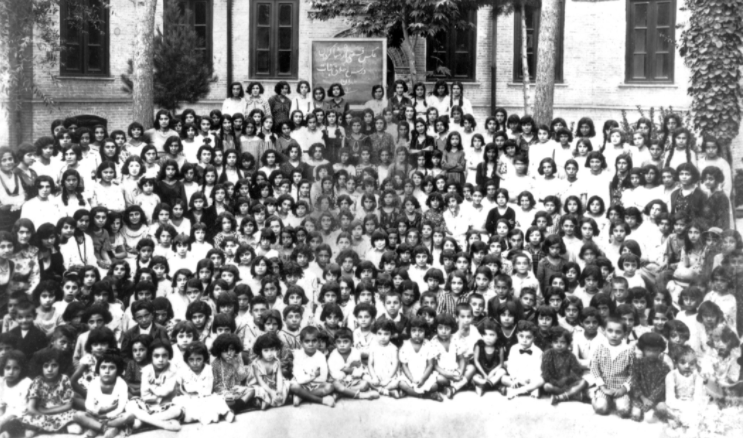
Women and Men Have Been and Will Always Be Equal

“Women and men have been and will always be equal in the sight of God.”[1]
With these words, Bahá’u’lláh challenges the age old oppression of women. Thus, the following concept applies as much in respect of gender equality as elsewhere:
Know ye not why We created you all from the same dust? That no one should exalt himself over the other.[2]
The general assertion of gender equality is addressed by Bahá’u’lláh in a diversity of fields in which, historically, gender equality has been denied.
On work, Bahá’u’lláh states:
… It is incumbent upon each one of you to engage in some occupation – such as a craft, a trade or the like.[3]
There is no distinction of gender. Here the seclusion of women from public life and confinement to “women’s work” is abolished.
Bahá’u’lláh upholds the education of all children irrespective of gender.[4]
Against violence and broader oppression against women Bahá’u’lláh wrote:
As [the friends of God] do not allow themselves to be the object of cruelty and transgression, in like manner they should not allow such tyranny to visit the handmaidens of God.[5]
Here is a collective obligation to prevent the kinds of domestic violence and gender-related abuse that society still struggles to overcome.
Slavery (whether of men or women) is prohibited by Bahá’u’lláh.[6]
Most relations between men and women occur in the context of the family home. The “same dust” principle applies here as much as elsewhere. There is no male-female hierarchy in the domestic sphere. In addition, Bahá’u’lláh’s principle of consultation is relevant.
Take ye counsel together in all matters, inasmuch as consultation is the lamp of guidance which leadeth the way….[7]
Accordingly, at the family level the Baha’i community applies the principle that:
neither husband nor wife should ever unjustly dominate the other.[8]
In 1911 and 1912, ‘Abdu’l-Bahá, during his travels to the West, identified the equality of men and women as a central principle of Bahá’u’lláh’s teachings, connected with the theme of the oneness of humanity.
It was a time when women in Europe and North America were yet to gain the vote and were still largely excluded from public life (although the vote had been attained in Australia and New Zealand). In many other parts of the world, gender inequality was even worse. ‘Abdu’l-Bahá returned to the issue repeatedly in his travels.
In proclaiming the oneness of mankind [Bahá’u’lláh] taught that men and women are equal in the sight of God and that there is no distinction to be made between them…. The world of humanity has two wings, as it were: One is the female; the other is the male.[9]
Neither sex is superior to the other in the sight of God. Why then should one sex assert the inferiority of the other, withholding just rights and privileges as though God had given His authority for such a course of action?[10]
… Until the reality of equality between man and woman is fully established and attained, the highest social development of mankind is not possible.[11]
Question: What is the status of woman in the Orient? Answer: The status of woman in former times was exceedingly deplorable, for it was the belief of the Orient that it was best for woman to be ignorant. It was considered preferable that she should not know reading or writing in order that she might not be informed of events in the world. Woman was considered to be created for rearing children and attending to the duties of the household. If she pursued educational courses, it was deemed contrary to chastity; hence women were made prisoners of the household. The houses did not even have windows opening upon the outside world. Bahá’u’lláh destroyed these ideas and proclaimed the equality of man and woman. He made woman respected by commanding that all women be educated, that there be no difference in the education of the two sexes and that man and woman share the same rights. In the estimation of God there is no distinction of sex.[12]
Onboard the SS Cedric, upon his arrival in America ‘Abdu’l-Bahá stated:
The world in the past has been ruled by force, and man has dominated over woman by reason of his more forceful and aggressive qualities both of body and mind. But the balance is already shifting; force is losing its dominance, and mental alertness, intuition, and the spiritual qualities of love and service, in which woman is strong, are gaining ascendancy. Hence the new age will be an age less masculine and more permeated with the feminine ideals, or, to speak more exactly, will be an age in which the masculine and feminine elements of civilization will be more evenly balanced.[13]
This thought draws attention to the fact that the world in the past, and still today, was structured in masculine ways. A world in which masculine and feminine qualities of humanity are balanced is a world that is unimaginably different to the world we live in today (even in those parts of the world where formal gender equality has been significantly advanced).
‘Abdu’l-Bahá saw women as playing a predominant role in the establishment of world peace, and he saw gender equality as a precursor to peace. At a women’s suffrage meeting in New York he stated:
… it will come to pass that when women participate fully and equally in the affairs of the world, when they enter confidently and capably the great arena of laws and politics, war will cease; for woman will be the obstacle and hindrance to it.[14]
It was a thought that Jeanette Rankin, the first woman elected to the U.S. Congress, shared. At the beginning of World War I, when war fever had gripped the nation, she was one of the few to question U.S. entry into the war. Despite the abuse poured on her she voted no. She later said:
the first time the first woman had a chance to say no against war she should say it.[15]
This article is the 20th in a series of what I hope will become 200 articles in 200 days for the 200th anniversary of the birth of Bahá’u’lláh. The anniversary is being celebrated around the world on 21 and 22 October 2017. The articles are simply my personal reflections on Bahá’u’lláh’s life and work. Any errors or inadequacies in these articles are solely my responsibility.
Image Credits: 1930’s photo of one of the many girls’ schools established by the Baha’i community in Iran in accordance with Bahá’u’lláh’s teachings. http://denial.bahai.org/003.php (Copyright 2005 Baha’i International Community)
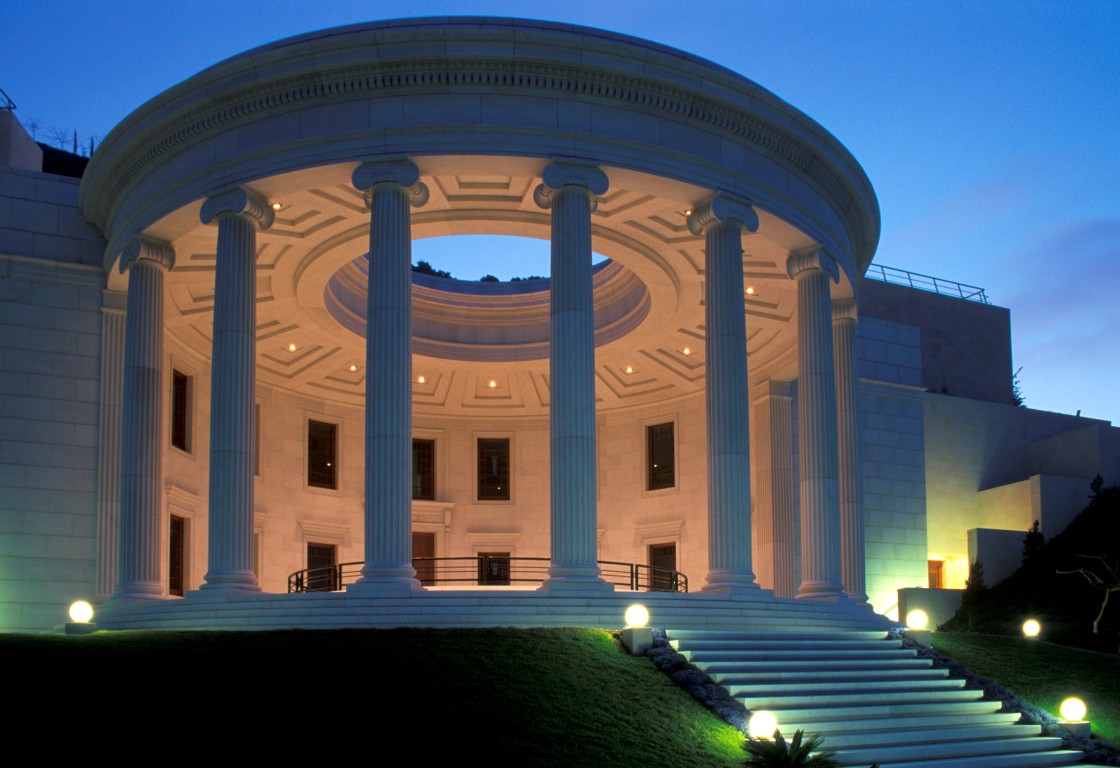


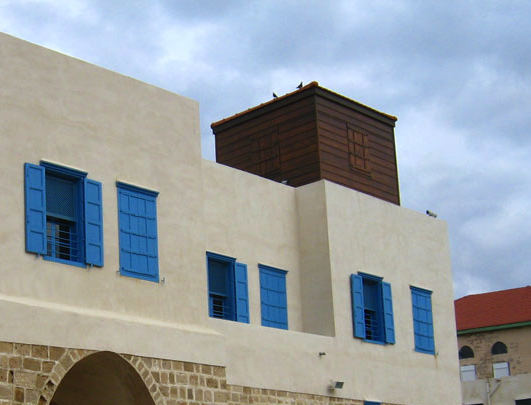
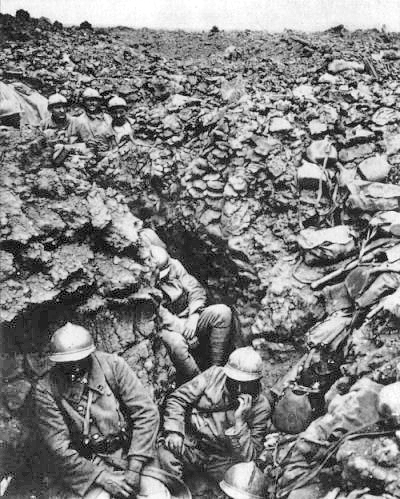
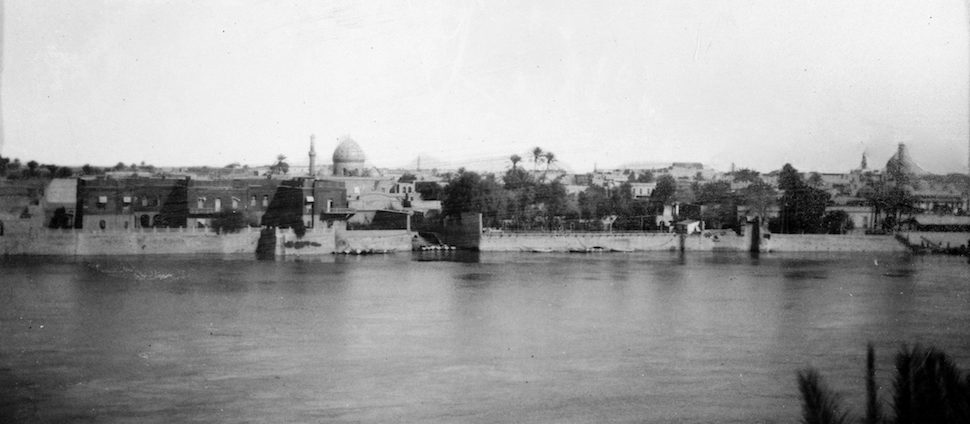
3 Comments
Jamal Ahangarzadeh
Reading the story of Tahirih’s life intimation and poetry always has moved me immensely no matter how old I was
Michael Curtotti
Great to hear Will. Feel free to post a link for anyone who may be interested. regards Michael
Will van den Hoonaard
We wrote a book about the equality of women and men in the Baha’i Community of Canada:
The Equality of Women and Men: The Experience of the Bahá’í Community of Canada.
Douglas, NB: Deborah and Will van den Hoonaard (co-authored with Deborah K.
van den Hoonaard), 2006.